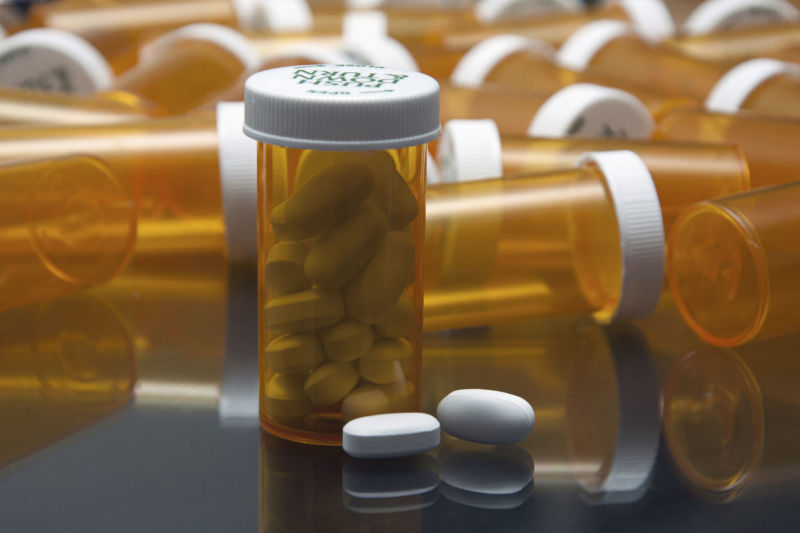Dozens of makers of medicines and diagnostic tests have joined together in an unprecedented effort to tackle "superbugs" — infections that increasingly don't respond to drugs and threaten millions of people in countries rich and poor.
Altogether, 74 drugmakers, 11 makers of diagnostic tests and nine industry groups have signed a groundbreaking agreement to work with governments and each other to prevent and improve treatment of drug-resistant infections. They plan to announce the new agreement Thursday at the World Economic Forum in Davos, Switzerland.
The effort is sorely needed. Many common infections no longer respond to conventional drugs, mainly due to overuse of antibiotics, few new drugs to fight bacteria, viruses, parasites and fungi, and declining industry research in the field. A key factor driving those problems is the relatively low prices infection-fighting medicines bring, compared to many drugs patients take for years for chronic conditions.
Bacteria and other microbes can naturally develop resistance to drugs, particularly when patients don't take all of their prescriptions and the stronger microbes survive and multiply. Taking antibiotics for viruses and other nonbacterial infections also contributes to resistance. And widespread use of antibiotics to spur faster growth of livestock raised for food exacerbates the problem. Meanwhile, in poor countries, many people can't afford these medications and die unnecessarily.
With more and more bugs evolving to overcome infection-fighting drugs, by 2050 superbugs are expected to kill about 10 million people annually without major intervention. That's according to a recent analysis, called "The Review on Antimicrobial Resistance," commissioned in 2014 by the UK government. The analysis also forecasts global economic output will be reduced by a total of $100 trillion by 2050.

